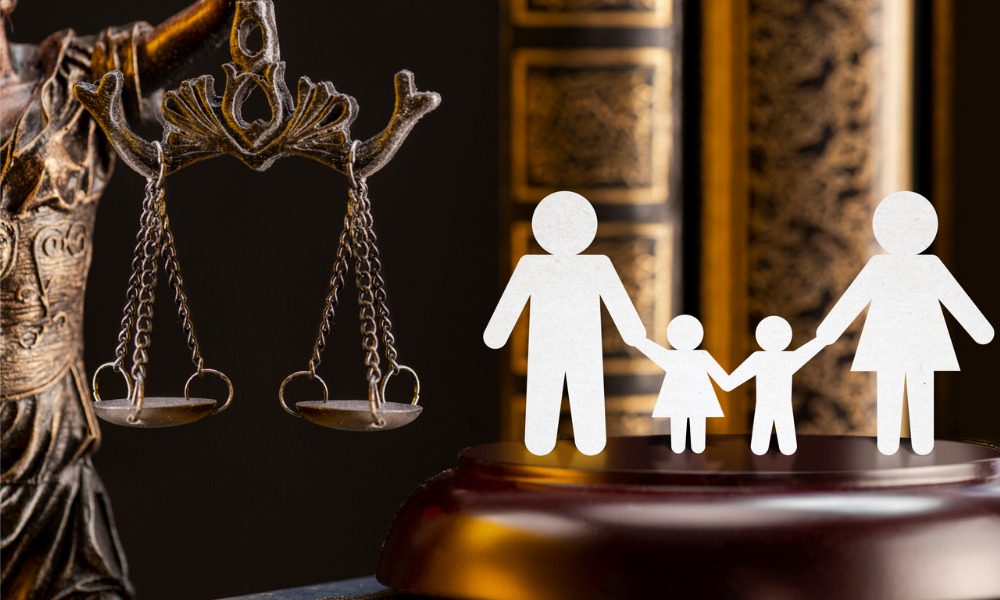Absence of parental relationship after the child turns age 18 will defeat child support claims

The Alberta Court of Queen’s Bench has ruled that an active relationship between a stepparent and stepchild is essential in claiming child support after the child turns 18-years-old.
According to the court, the recent case of Nyereyogona v Schofield presented unique factors, such as the fact that a claim was made against a stepparent or loco parentis – someone who stands in the place of a parent – so there was no presumption of child support. Also, the children claiming entitlement to child support have now passed the age of majority.
The applicant has two children, referred to in the case as DNH and TNH, from her previous marriage which ended in 2002. The applicant and respondent were married in 2006 and separated in 2011.
In 2014, the Alberta Court of Appeal ruled that the respondent stood in loco parentis to DNH and TNH obligating him to provide support. The matter was remitted back to the Court of Queen’s Bench for a determination of the quantum of child support payable. But for almost six years, the applicant did not take any steps to pursue the case.
The applicant is now before the court once again, seeking retroactive and ongoing child support. She asserted that both children are diligently pursuing post-secondary degrees and that their financial capability is not sufficient to meet their educational expenses.
Child support upon attaining the age of majority
An important question raised in this case is whether the respondent owes any child support after DNH and TNH each turned 18 years old.
Under the Divorce Act, a “child of marriage” includes one who is over the age of majority and is still under the charge of the parents because of illness, disability or other cause. Jurisprudence views post-secondary education as “other cause” but it must be analyzed in light of other circumstances such as whether the children unilaterally and without justification terminated the parental relationship.
The court determined that the respondent did not have any contact with either DNH or TNH since at least 2011. The court found that the applicant is partly at fault because she did not make any attempt to set up any kind of communication or visits between the Respondent and the children. Further, the respondent was not involved in the educational plans for DNH and TNH. The children also failed to re-establish any kind of contact with the respondent after becoming adults.
In the end, the court found that there was a mutual termination of the stepparent-stepchildren relationship. DNH and TNH ceased being a “child of marriage” when they each turned 18 years old. Consequently, the respondent has no obligation to pay child support after DNH and TNH attained the age of majority.
Test for ordering retroactive child support
Even if the children are not entitled to any support after turning 18, the Court ultimately allowed the claim for retroactive child support for the period prior to attaining the age of majority.
In DBS v SRG, the Supreme Court of Canada outlined the test for ordering retroactive child support. The factors to be considered are the parent’s delay in applying for child support, the payor’s “blameworthy conduct,” the circumstances of the child and any hardship occasioned to the payor parent by a retroactive award.
The Applicant failed to take any formal action after the court ordered that the quantum of child support be determined. On his part, the respondent also failed to make any voluntary payments after the court found him to be in loco parentis. The Court ruled that neither parents can be complacent to the prejudice of the children. Evidence also shows that the respondent’s failure to pay child support resulted in financial distress on the part of DNH and TNH, who had to obtain substantial student loans. The respondent’s vague assertion of hardship that he will suffer by reason of a retroactive payment is also insufficient to deny the award of child support.
The court concluded that DNH and TNH are entitled to child support of only 50% of the arrears up until they turned 18 years old, and no further support is expected from the Respondent for post high-school education expenses.










